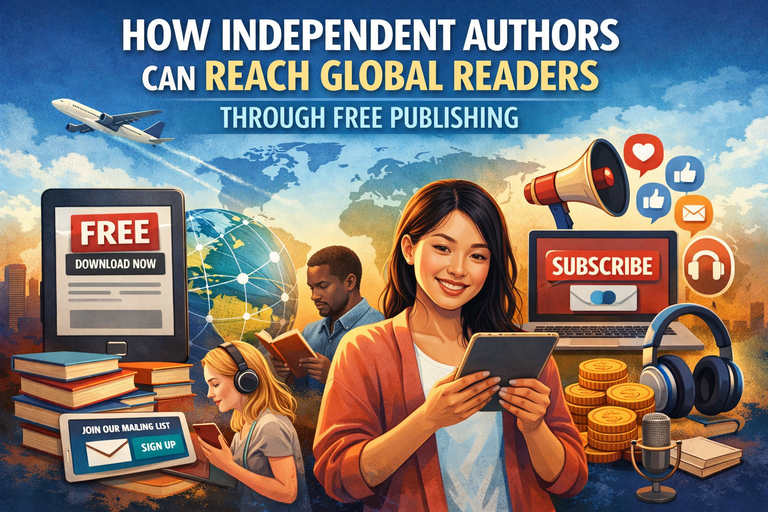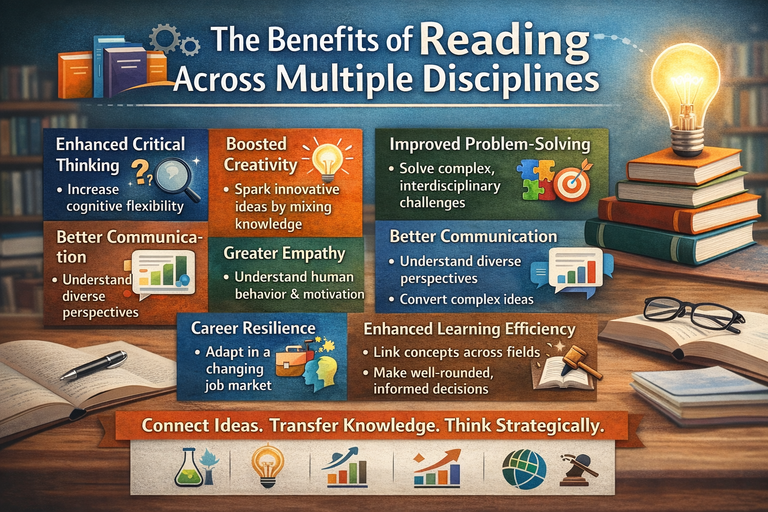The Role of Sports Journalism in Non-Fiction Book Publishing
In today’s content-driven world, sports journalism does more than fill the back pages of newspapers or provide play-by-play analysis. It plays a foundational role in shaping the landscape of non-fiction book publishing—where behind-the-scenes stories, deep investigative pieces, and personality profiles evolve into compelling bestsellers.
Whether it's the biography of a football legend, the exposé of a corrupt sports organization, or a long-form piece about Olympic triumphs, sports journalism serves as both the source and the springboard for many of the most memorable non-fiction books in modern publishing.
In this article, we explore how sports journalism contributes to the growth, credibility, and emotional depth of non-fiction book publishing—particularly in an era where storytelling is king.
From Article to Bestseller: Journalism as the Seed of Book Projects
Sports journalism often lays the foundation for nonfiction book publishing. A single long-form article can spark the interest of readers, publishers, and literary agents alike. Some of the most celebrated sports books began as deep-dive features, investigative series, or athlete profiles.
Examples of Journalism-to-Book Transitions:
-
“Friday Night Lights” by H.G. Bissinger
Originated from Bissinger’s reporting on high school football in Texas. The book, based on his observations and notes as a journalist, later became a film and a TV series. -
“Seabiscuit” by Laura Hillenbrand
Initially researched through journalistic techniques—interviews, archives, and news clippings—this book exemplifies how sports history can be transformed into an accessible narrative. -
“Moneyball” by Michael Lewis
Based on journalistic coverage of the Oakland A’s and their revolutionary use of sabermetrics, this book became a cultural phenomenon, bridging sports and data.
Investigative Reporting: Shedding Light on the Dark Side of Sports
Sports journalism is critical in uncovering controversies, abuses of power, and ethical dilemmas within sports. These investigations often demand a longer format than a news column can offer. Non-fiction books provide the space for journalists to expand their research, include nuanced perspectives, and offer critical insight.
Notable Examples:
-
“Game of Shadows” by Mark Fainaru-Wada and Lance Williams
Investigates the BALCO steroid scandal that rocked Major League Baseball. -
“League of Denial” by Mark Fainaru-Wada and Steve Fainaru
Based on ESPN reporting, it dives deep into the NFL’s concussion crisis.
These books elevate the role of sports journalism beyond storytelling. They influence public discourse, prompt institutional reform, and even inspire legislation.
Credibility and Authority: Why Journalists Make Great Authors
Journalists come with a toolbox essential to successful nonfiction publishing:
-
Fact-checking and verification skills
-
Access to insiders and sources
-
The ability to tell compelling human stories
-
Experience under deadline pressure
When a journalist authors a book, the content is typically grounded in research and enriched by narrative skill. This credibility attracts publishers, readers, and media outlets that help propel the book’s success.
Literary Journalism in Sports: Blending Fact with Narrative
One of the most exciting trends in sports journalism is the evolution of literary journalism—a blend of factual reporting and narrative techniques traditionally associated with fiction. Books that adopt this style provide a cinematic reading experience while remaining factually rigorous.
Examples of Literary Journalism in Sports Books:
-
“The Boys in the Boat” by Daniel James Brown
While not a journalist by trade, Brown’s work mirrors journalistic diligence—combining archival research, interviews, and narrative flair. -
“The Breaks of the Game” by David Halberstam
Pulitzer Prize-winning journalist Halberstam brought his journalistic insight to the world of NBA basketball.
This narrative form allows books to reach a broader audience, including readers who may not follow sports but are drawn to human drama and resilience.
Book Contracts for Journalists: A Natural Progression
Given their skills and platform, sports journalists often attract publishing contracts with:
-
Advance payments
-
Co-writing or ghostwriting opportunities with athletes
-
Multimedia rights (film, TV, audiobook)
A journalist who breaks a major sports story or has deep access to a popular athlete becomes a prime candidate for a publishing deal. Publishers are drawn to:
-
Built-in audiences
-
Storytelling experience
-
Potential for media buzz
Ghostwriting and Collaboration: Journalists Behind the Scenes
Not every athlete writes their own memoir. Many team up with experienced sports journalists to ghostwrite or co-author their stories. These collaborations help produce books that are polished, structured, and emotionally resonant.
Examples:
-
“Open” by Andre Agassi, ghostwritten by J.R. Moehringer
-
“I Am Zlatan Ibrahimović” co-written by David Lagercrantz
-
“Becoming Kareem” with Raymond Obstfeld
In these books, the journalist's narrative expertise complements the athlete’s voice, creating stories that connect with fans beyond stats and highlights.
The Digital Age: Expanding the Reach of Sports Journalism
In the digital age, sports journalism is no longer confined to print. Digital publications, blogs, podcasts, and newsletters allow sports journalists to build audiences across platforms. This visibility can make the transition to book publishing smoother and more lucrative.
Examples of Journalists with Cross-Media Presence:
-
Bill Simmons (The Ringer)
His sports takes led to bestselling books and HBO partnerships. -
Wright Thompson (ESPN)
Known for emotionally rich profiles that often feel like standalone novellas.
Publishers today look for platform-driven authors. A journalist with a strong online following or podcast audience is an asset in marketing campaigns.
Awards and Recognition: Elevating Sports Literature
Thanks to journalists, sports books are gaining critical acclaim. It’s not uncommon now for sports-focused books to win:
-
Pulitzer Prizes
-
National Book Awards
-
PEN Awards for Sports Writing
This legitimizes sports writing as serious literature and encourages publishers to invest more in the genre.
Opportunities for Publishers and Writers Alike
Publishers benefit from working with journalists because:
-
The content is newsworthy
-
The author already knows how to market their work through media
-
The stories are often timely and emotionally compelling
For aspiring authors, the lesson is clear: strong journalism can lead to lasting literary impact. Whether you're a blogger, columnist, or digital reporter, your next series could be the beginning of a bestselling book.
Final Thoughts: Journalism as a Storytelling Powerhouse
The role of sports journalism in non-fiction book publishing is undeniable. From surfacing hidden truths to documenting the beauty of human achievement, journalists serve as translators of the sports world for the reading public.
Through the careful lens of a journalist, the roar of the stadium fades into the quiet of introspection—where motivation, struggle, and identity are examined page by page.
In an industry dominated by celebrity, it's the journalist's pen that gives shape, voice, and depth to those fleeting moments of glory.
Are you a sports journalist or writer looking to publish your first book? Whether you're compiling articles into an anthology, developing a full-length investigation, or co-writing with an athlete, we can help you shape your story for the world of publishing. Contact us today for consultation, editing, and book production services tailored to sports literature.







